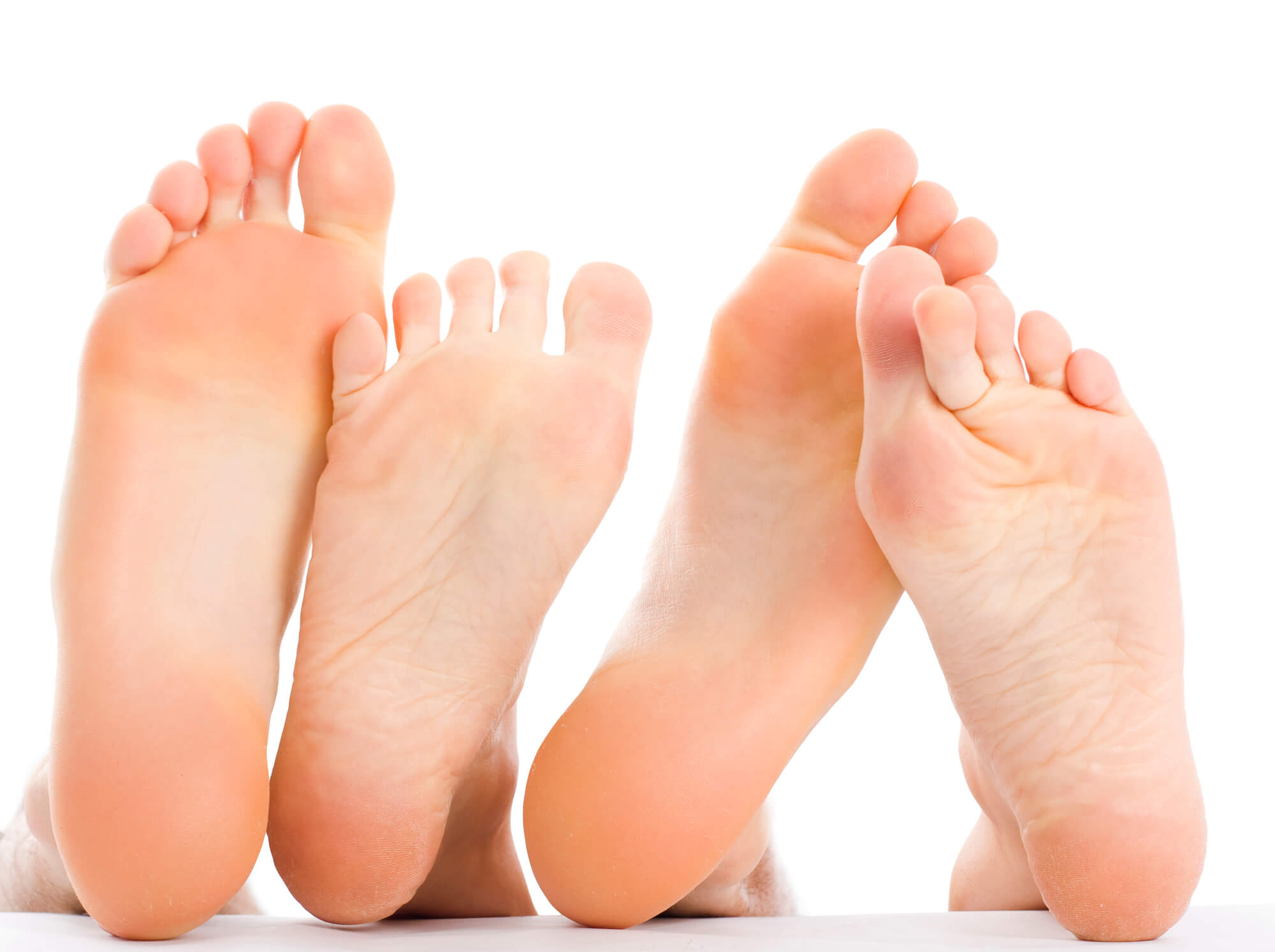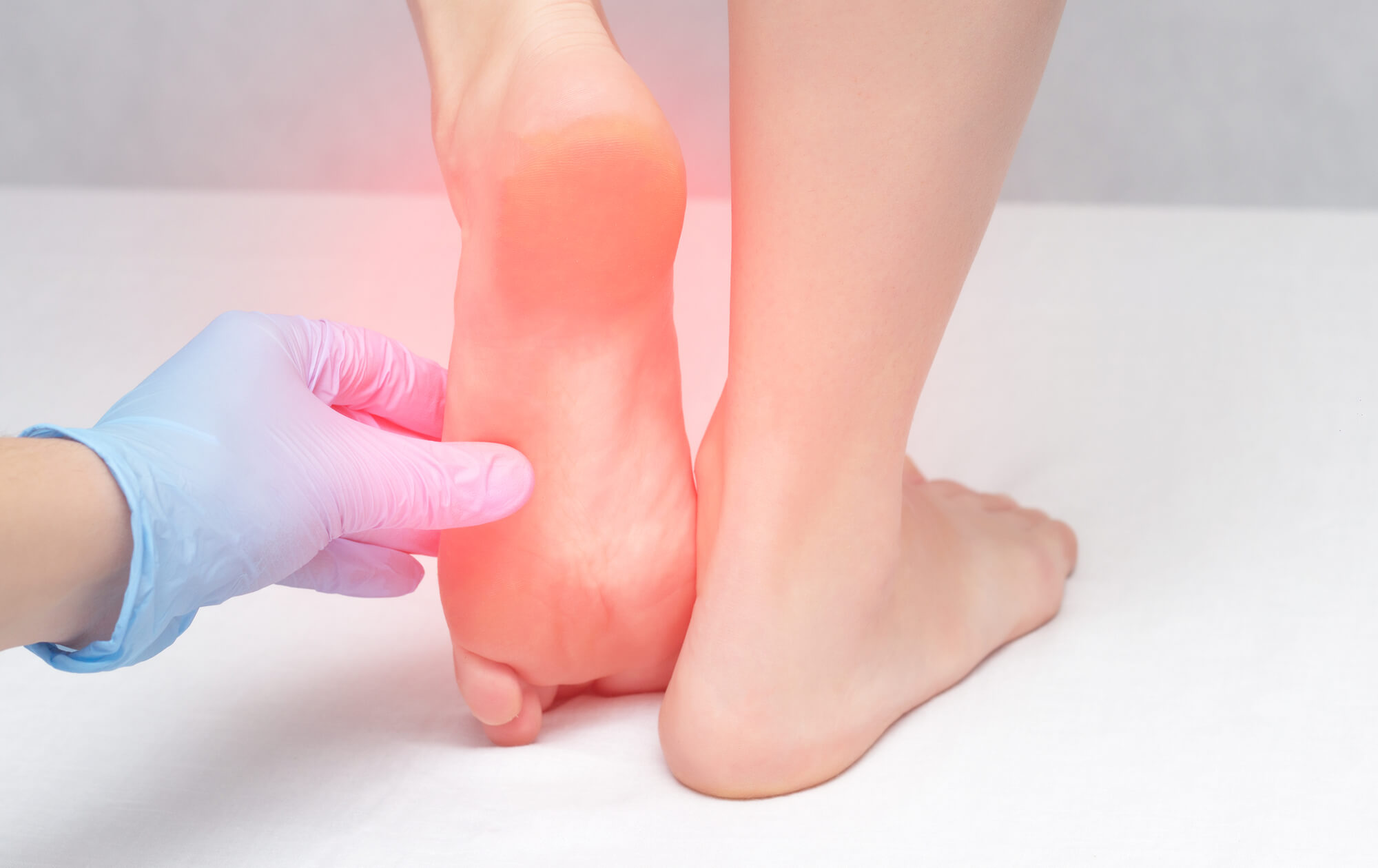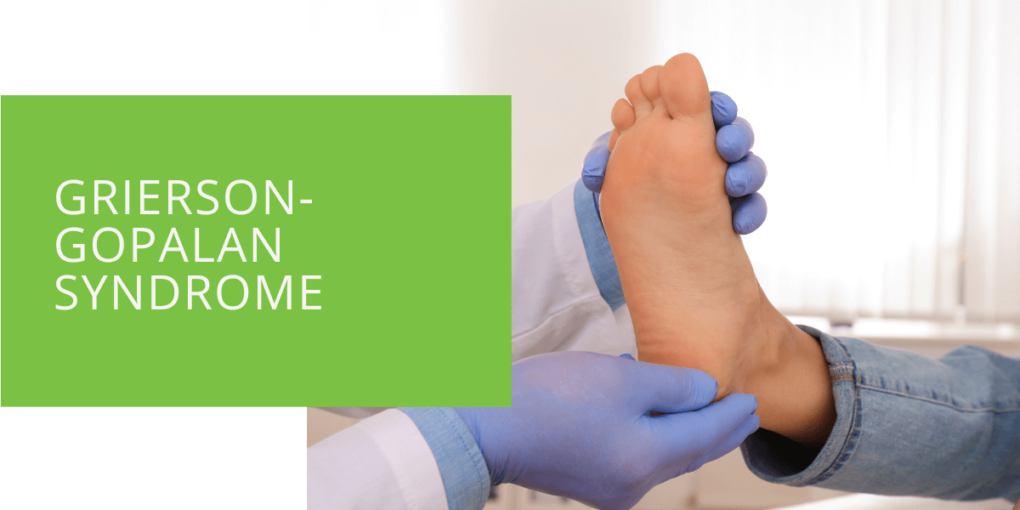Grierson-Gopalan Syndrome
Grierson-Gopalan Syndrome is a medical condition that affects the feet, ankles, and lower legs. Also known as burning feet syndrome, it is characterized by a burning sensation or tingling in the soles of the feet. Various underlying factors, including peripheral neuropathy, tarsal tunnel syndrome, and neuroma, can cause this condition. This article will examine the symptoms, causes, and treatment of Grierson-Gopalan Syndrome.
Symptoms of Grierson-Gopalan Syndrome
The symptoms of Grierson-Gopalan Syndrome can vary from person to person, but the most common symptoms include numbness, tingling, and burning sensation in the soles of the feet. The sensation can also sometimes extend to the ankles or lower legs. Some people may also experience a sharp, shooting pain in the feet or a feeling of muscle tightness. The symptoms may be worse at night or after prolonged standing or walking. Some people may also experience excessive sweating in their feet.
Causes of Grierson-Gopalan Syndrome
Grierson-Gopalan Syndrome can be caused by various underlying factors, including peripheral neuropathy, tarsal tunnel syndrome, and neuroma. Peripheral neuropathy refers to nerve damage in the feet or legs, which can be caused by diabetes, alcoholism, vitamin deficiency, or certain medications. Tarsal tunnel syndrome occurs when the nerves in the ankle become compressed, leading to pain, numbness, and tingling in the feet. Neuroma is a benign growth of nerve tissue, which can cause pain and discomfort in the feet.
Other factors contributing to the development of Grierson-Gopalan Syndrome include obesity, poor circulation, and certain autoimmune disorders. The exact cause of this condition is not fully understood, but it is believed to be related to dysfunction of the nerves in the feet.

Diagnosis and Treatment
If you experience symptoms of Grierson-Gopalan Syndrome, it is important to see a podiatrist for an accurate diagnosis. Your podiatrist will perform a physical examination and take a medical history to determine the underlying cause of your symptoms. They may also perform nerve conduction tests or electromyography (EMG) to assess the function of your nerves.
Once the underlying cause of your symptoms has been identified, your podiatrist will develop a treatment plan tailored to your specific needs. Treatment options for Grierson-Gopalan Syndrome may include prescription medications, such as pain relievers or corticosteroids, orthotic devices, such as braces or splints, and physical therapy or rehabilitation exercises. In some cases, surgery may be necessary to alleviate pressure on the nerves in the feet or ankles.
Prevention and Management
While there is no known cure for Grierson-Gopalan Syndrome, there are several steps you can take to prevent or manage your symptoms. Maintaining a healthy lifestyle, including regular exercise and a balanced diet, can help improve circulation and reduce your risk of developing peripheral neuropathy. Wearing comfortable shoes that fit correctly and provide good support can also help reduce pressure on your feet and prevent nerve damage. If you experience symptoms of Grierson-Gopalan Syndrome, it is important to avoid exposure to environmental toxins or known triggers. Taking breaks and resting your feet during extended periods of standing or walking can also help alleviate your symptoms.

Conclusion
Grierson-Gopalan Syndrome is a complex medical condition that affects the nerves in the feet, ankles, and lower legs. It can cause various symptoms, including numbness, tingling, and burning sensations, which can be uncomfortable and debilitating. While there is no known cure for this condition, several treatment options can help alleviate your symptoms and improve your quality of life. By working with your podiatrist and taking steps to prevent or manage your symptoms, you can continue to enjoy an active, healthy lifestyle.
If you are experiencing symptoms related to Grierson-Gopalan Syndrome, it is important to seek medical attention as soon as possible. Your podiatrist can perform a physical examination and diagnostic tests to determine the underlying cause of your symptoms and develop an appropriate treatment plan. By following your podiatrist's instructions and making lifestyle changes as needed, you can manage your symptoms and continue to enjoy the activities you love. Early diagnosis and treatment are critical to preventing further nerve damage and improving overall quality of life.
FAQ
How is Grierson-Gopalan Syndrome diagnosed?
Grierson-Gopalan Syndrome is typically diagnosed through a physical examination and diagnostic tests, such as nerve conduction tests or electromyography (EMG). Your podiatrist will also take a medical history to determine any underlying conditions contributing to your symptoms.
Is Grierson-Gopalan Syndrome serious?
While Grierson-Gopalan Syndrome can be uncomfortable and debilitating, it is not typically considered life-threatening. However, if left untreated, it can lead to permanent nerve damage and decreased quality of life.
What causes Grierson-Gopalan Syndrome?
The underlying cause of Grierson-Gopalan Syndrome is not fully understood, but it is believed to be related to the dysfunction of the nerves in the feet. Various factors, including peripheral neuropathy, tarsal tunnel syndrome, and neuroma, can cause it.
Can Grierson-Gopalan Syndrome be cured?
There is currently no known cure for Grierson-Gopalan Syndrome. However, several treatment options can help alleviate your symptoms and improve your quality of life. By working with your podiatrist and making lifestyle changes as needed, you can manage your symptoms and continue to enjoy an active, healthy lifestyle.
What causes feet to feel like they're on fire?
Various underlying conditions, including peripheral neuropathy, tarsal tunnel syndrome, and Grierson-Gopalan Syndrome, can cause the sensation of burning feet. Environmental factors, such as exposure to extreme temperatures or certain chemicals, can also cause it. Suppose you are experiencing a burning sensation in your feet. In that case, it is important to speak with a podiatrist to determine the underlying cause of your symptoms and develop an appropriate treatment plan.

